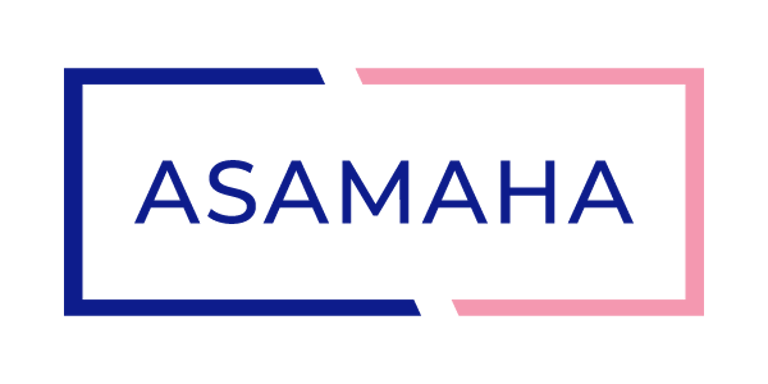The Informal Economy in The Gambia: A Hidden Force or a Missed Opportunity?
ANALYSISINSIGHTS


The big question, though, is whether this sector is a secret strength or is it holding the nation back from bigger growth?
The informal economy in The Gambia isn’t some hidden corner of life—it’s everywhere. Walk through Serrekunda and you’ll see vendors lined up on the roadside, or visit Brikama and spot “shoe doctors” fixing sandals in the heat. These are not small side hustles; they’re how thousands of Gambians feed their families every single day. It’s lively, it’s messy, and it’s absolutely central to the way the country’s economy works.
How big is it, really?
Surveys from the Gambia Bureau of Statistics say around 70% of workers are in informal jobs. That’s a huge number. We’re talking about food vendors, carpenters, drivers, welders, tailors, basically the people who keep daily life running. They contribute massively to GDP, but the irony is that most of that value doesn’t show up in official records.
Of course, this comes with a mix of benefits and gaps. People have incomes, sure, but they often fall outside formal systems, no taxes, no social protection, no recognition.
The struggles behind the hustle
For many entrepreneurs, getting ahead feels almost impossible. Banks want collateral and documents, things a fruit seller in Lamin just doesn’t have. Without loans, her stall stays the same year after year. Workers don’t have labor protections either. No pensions, no health benefits, not even safety standards.
And then there’s infrastructure, or really, the lack of it. Imagine trying to sell produce with no storage, no cold chain, and unreliable transport. Farmers lose part of their harvest before it even reaches the market. Vendors squeeze into tiny spaces without electricity or proper stalls. Growth feels like a distant dream.
On top of that, registering a business feels intimidating, expensive, or simply unnecessary for many. So, they stay informal, even if that means missing out on bigger opportunities.
What could change
Formalizing this sector doesn’t mean wiping it out; it could actually unlock its potential. Easier access to loans and microfinance, for example, would help traders expand. Some banks like Reliance Financial Services and Ecobank are already experimenting with tailored products.
Training also matters. Workshops on bookkeeping, packaging, or even digital skills could turn a roadside stall into a small but thriving business. And if the Ministry of Trade or GIEPA made registration simpler, mobile points, or reduced fees, more people might leap.
Infrastructure upgrades would also go a long way. Better markets, storage, and transport links would reduce waste and open doors to bigger markets. Plus, smart tax incentives for the first few years could ease people into the system instead of punishing them upfront.
Looking at both sides
The informal economy has long acted as a shock absorber during tough times, 2008, COVID, you name it. When formal jobs disappeared, informal work was still there. That resilience is worth acknowledging.
But leaving it unregulated forever means lost revenue, lost growth, and millions of workers without protection. The challenge is to bring people into the formal system without crushing them under red tape.
In the end, The Gambia’s informal economy is both a strength and a weakness. It sustains families but also traps them. If formalization can be made into a bridge—easy to cross, worth crossing—then the country could move from survival toward real prosperity.
